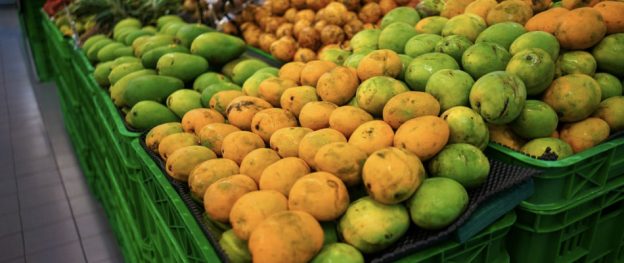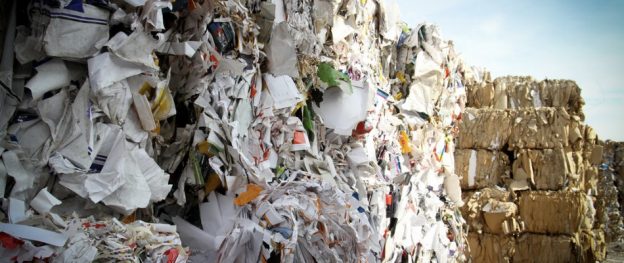According to a Guardian newspaper investigation, supermarkets are a major source of plastic waste. It is estimated that they produce 1m tonnes of plastic waste every year.
Thus, the news that the Dutch supermarket chain Ekoplaza has opened Europe’s first plastic-free supermarket aisle, has been considered a turning point by campaigners. As Sian Sutherland, co-founder of A Plastic Planet stated: “for decades shoppers have been sold the lie that we can’t live without plastic in food and drink. A plastic-free aisle dispels all that. Finally we can see a future where the public have a choice about whether to buy plastic or plastic-free. Right now we have no choice.”
The store in Amsterdam has over 700 plastic-free products, including meat, rice, sauces, dairy, chocolate, cereals, yogurt, snacks, fresh fruit and vegetables: all available in one aisle. Ekoplaza has confirmed similar aisles will be created in all of its 74 branches by the end of the year.
Campaigners argue that the products will not be anymore expensive than plastic-wrapped goods. Furthermore, alternative biodegradable packing can be used, thus making the change more scalable and convenient.
The move to plastic-free shopping aisles will become more necessary in the UK due to the recent change in government environmental policies. Theresa May, the UK Prime Minister, stated that the UK is committed to eliminating all avoidable plastic waste by 2042; in particular, waste such as the carrier bags, food packaging and disposable plastic straws, would be abolished.
However, to ensure that a plastic-free future can be achieved, it is important for supermarkets, and other retailers, to find cost-effective ways of reducing waste and monitoring sales. Vesta Smart Packaging can help with this: their smart containers know when they’re running low and will re-order the contents automatically (i.e. when the products are required). This will make it cheaper and easier to re-fill the items found on plastic-free shopping aisles.

